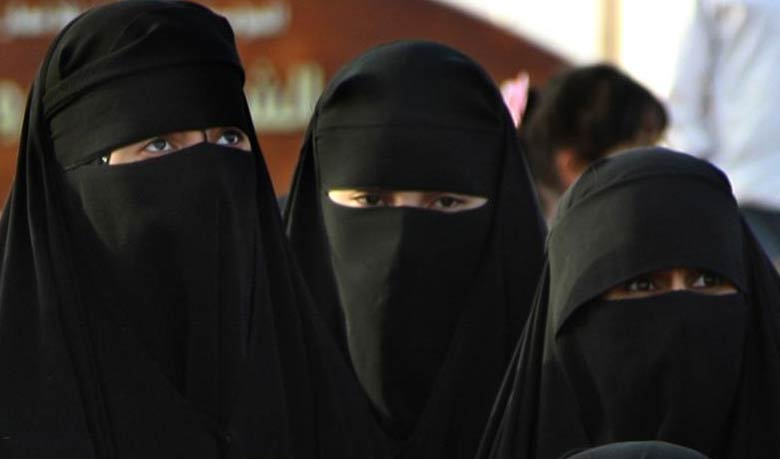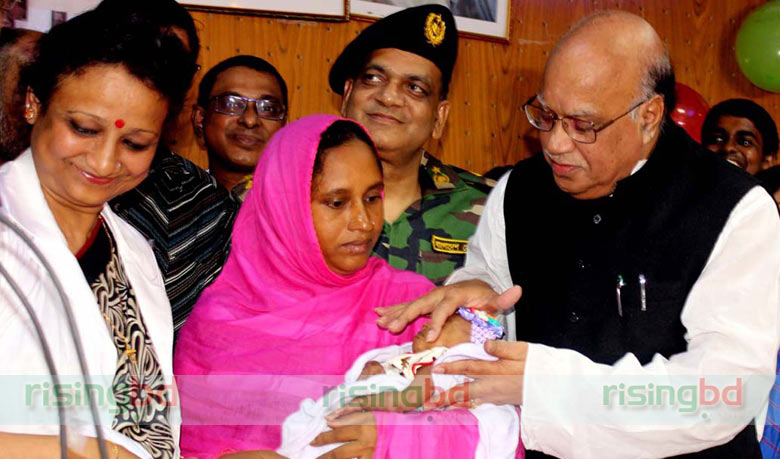Environmental activist Syeda Rizwana Hasan
|| risingbd.com

Bangladeshi lawyer, activist and environmentalist Syeda Rizwana Hasan has succeeded in changing the law on ship breaking in her country
Even while working towards her law degree, Syeda Rizwana Hasan had reservations about going into conventional legal practice. She wanted to become an academician, doing social work that would mesh with the activities of her politically active family. Her decision to join the Bangladesh Environmental Lawyers Association (Bela) in 1993 was a turning point: with Bela, she found that she could not only work as a researcher but also engage in environmental activism and continue her legal practice.
One of her first tasks was drafting Bela`s first legal notice. That was during the 1994 Dhaka city corporation polls, when campaigning through posters, processions and rallies overwhelmed the city, creating non-stop and harrowing noise from loudspeakers. The legal notice led the Election Commission to arrange a dialogue between the different stakeholders in the electoral process. The litigation was the first of its kind in Bangladesh in the field of the environment, and a rule was issued that the election could not be held as long as environmental nuisance was not stopped.
Under Hasan`s leadership, Bela has been steadily advancing public interest litigation and declaring war on such environmentally harmful industrial practices as ship breaking, tanneries and shrimp cultivation.
The legal fight against the ship breakers has been a milestone in her career. Bangladesh is one of the few countries in the world where ship breaking for scrap materials thrives. Decommissioned ships, many listed as hazardous by Greenpeace, enter Bangladeshi waters and are dismantled by hand by low-paid, unskilled workers. About 20,000 workers, many of then below the age of 14, are engaged in the industry and exposed to serious health hazards. It is estimated that on average one ship breaking worker dies in Bangladesh every week and one gets injured everyday.
In 2003, Hasan sought a Supreme Court order to prevent pollution of coastal and marine ecosystem being caused by disposal of hazardous materials from breaking ageing ships and to ensure the rights and safety of the workers of the industry. Her fight led to the banning of toxic-laden ship "SS Norway" from entering Bangladesh and forcing another, "MT Alfaship", to leave territorial waters. The Bangladesh government was compelled to form binding policies to restrict the import of hazardous ships thanks to Bela`s persistence to save the coastal waters from environmental degradation.
Although initially, Bela members had to browse newspapers to learn about public interest litigation, the situation is different now. "We cannot even handle a quarter of the complaints that come to us," Hasan says. Started with just five people, Bela now has a 50-member team and offices across the country. Of the 200 cases, it has dealt with to date, 55 have been settled and the verdict mostly went in Bela`s favour. Even the interim orders of the pending cases are in Bela`s favour.
At policy level, the association has worked with government in enacting laws, such as that of the Environmental Court. Bela is currently trying to calendar the Forest Right Act in parliament through a private member bill. The law aims to protect interests of the indigenous people, whose livelihood still depends on the virgin forest.
Bela remains the lone law firm in Bangladesh focusing on environmental issues. Hasan says the reason other organisations do not come forward to work in the field is that it requires a lot of courage and commitment and generate very little financial gain, Hasan.
There are times when frustration does build up inside, the 40-year-old admits. But every time someone requests to file a new case, Hasan realises that people have not lost hope and feels reinvigorated. Then there are acknowledgements for her works, such as the Ramon Magsaysay Award 2012, which reminds Hasan that she is on the right track. To strengthen her fight to protect the environment and the people dependent on it, Hasan plans to move the community issues forward by taking the community along.
"Mobilise, resist and transform" will remain slogan in the years to come.
risingbd.com























